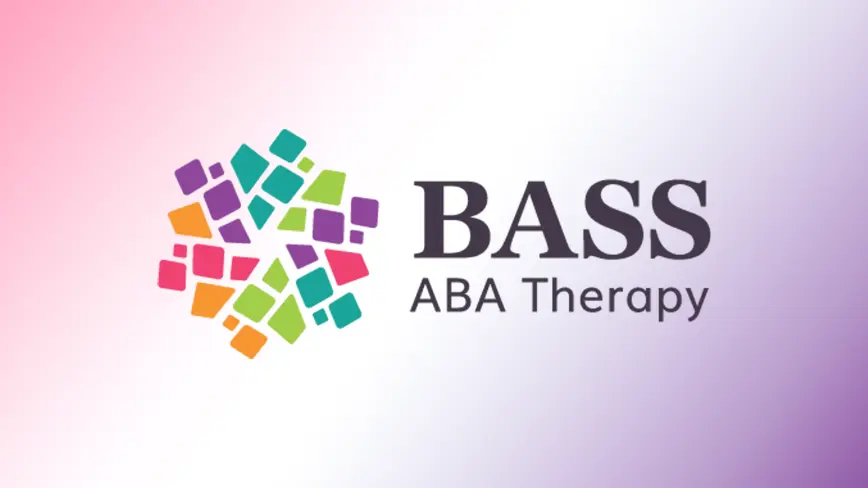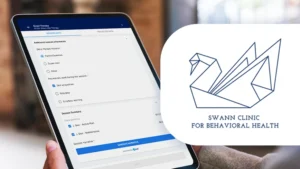Todd A. Ward, PhD, BCBA-D is the President and Founder of bSci21Media, LLC, which owns the top behavior analytic media outlet in the world, bSci21.org. bSci21Media aims to disseminate behavior analysis to the world and to support ABA companies around the globe. Dr. Ward received his PhD in behavior analysis from the University of Nevada, Reno under Dr. Ramona Houmanfar. He has served as a Guest Associate Editor of the Journal of Organizational Behavior Management, and as an Editorial Board member of Behavior and Social Issues. He has also provided ABA services to children and adults with various developmental disabilities in day centers, in-home, residential, and school settings, and previously served as Faculty Director of Behavior Analysis Online at the University of North Texas.
bSci21Media introduces two new courses to the CentralReach Marketplace. In Behavior Analysis and Trauma Treatment: Dissociation, Voices, and RFT (1.5 BACB CEUs), Dr. Ward sits down with Angela Cathey, CEO of Enso Group, to discuss the article "Hearing Voices, Dissociation, and the Self: A Functional-Analytic Perspective" by McEnteggart, Barnes-Holmes, Dillon, Egger, and Oliver (Journal of Trauma & Dissociation, 2016). They discuss the advantages of a behavioral approach to trauma treatment via Relational Frame Theory. In doing so, they discuss the functions of voice hearing, dissociation, and more, along with treatment strategies informed by a functional analytic approach. In conclusion, they caution against defining a field, such as behavior analysis, in terms of procedures. Rather, they posit that the distinguishing features of the behavioral approach are to be found in its philosophical and theoretical foundations.
In Conversations that Drive Performance: Empowering Employees with Behavior Science (1 BACB CEU), Scott Herbst, PhD, Founder of SixFlex Training, tackles how to approach difficult situations. Most people don’t really enjoy telling subordinates their performance isn’t meeting expectations. Not surprisingly, most subordinates don’t really enjoy hearing it. Those are the types of conversations leaders tend to call “difficult.” This training course first presents understanding through traditional behavioral contingency analysis, identifying the positive and negative reinforcers that are likely to be present during a feedback interaction, and then speculating what behavioral patterns we would likely observe given those consequences. In short, it will explore why we tend to call these conversations “difficult.”
Second, this course will look at how more recent research in language and cognition, specifically Relational Frame Theory, can contribute to our understanding of those scenarios. Using this knowledge of human language, Dr. Herbst walks through an exercise designed to alter the more immediate functions of feedback delivery to presence positive reinforcement functions. Then, he reviews research related to shaping verbal behavior and the impact that can have on other forms of behavior, and apply that to coaching techniques. At the end, participants will be able to identify, in behavior analytic language, contingencies that both increase and decrease the probability of effective performance management conversations.






